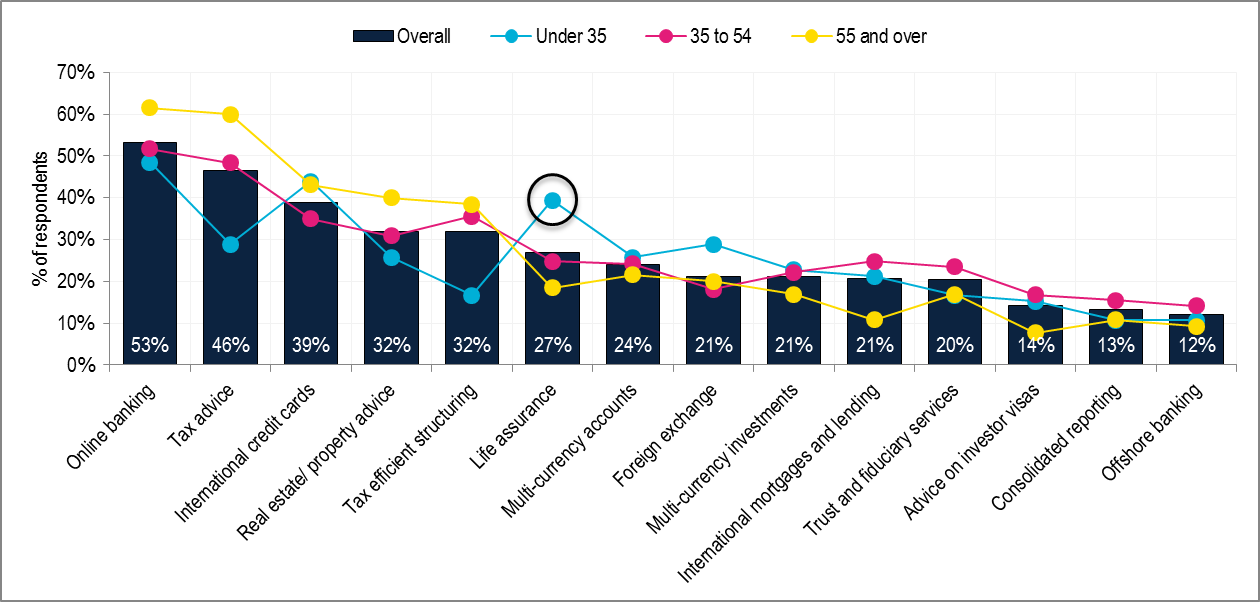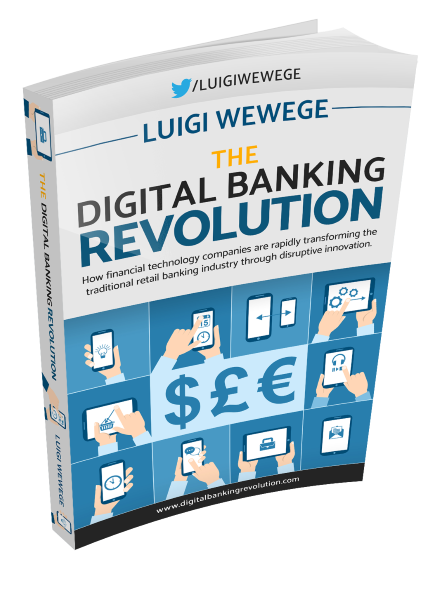
NEW YORK, NY, USA, 2018-Sep-26 — /EPR FINANCIAL NEWS/ — Most of the systems we are already used to, we do not know how they work, for we are always thinking we know enough that they work and we trust them. But honestly, do you think you know enough about online banking? Here you will find some facts that might be useful for you to know!
Here you will find useful information you will better have on mind, and also excellent reasons for using online banking services and some advices for being always safe and security.
Sometimes if your internet connection is not that good, it might be hard for you to access to your bank through your conventional online banking portal, so these online banking apps and services might help you to access in an easier, lighter and safer way anytime you need!
Online Banking – When and how did it start working?
Did you know it? The first online banking systems that gave origin of the ones you use today EVERYDAY were introduced in the early 1980s in New York when four of the national banks started offering the revolutionary home banking services, allowing the clients and small businesses to have a quick online banking check.
On the same way, the online banking started also on the United Kingdom around those years when the Scotland Bank and the Nottingham Building Society provided the Homelink service for giving their users the opportunity of viewing bank moves on a computer.
But it was only until 1994 that the banks around the entire globe started using the internet for posting their advertises, and then in 1995 they started offering to the clients the possibility of managing their money online through a home computer, and this came to be the online banking of nowadays.
The greatest benefits of using the Online Banking
As everyone knows the major benefits of using online banking are mainly two: security and comfort. With the online banking services you can make all your money-related operations without needing cash or personally going to the bank.
Paying your services with no delay
These services might help you regardless of your bank, they will help you to manage all your bank moves for having an easy, confortable, secure and practical administration of your money, you can make routine pays like paying electricity, water and gas services without losing any time of your day.
Your pays to third ones can also be made much easier with these online banking services, for they will offer you an easy platform where you can quickly see and control your bank accounts.
Manage all your accounts and save your time and money
These services might also help you if you manage more than one bank account, so you can control your money in any of them more easily and in a more ordered way. You do not need to waste any passage fees anymore if you do not live close to any bank, you can make all your processes from your home computer or even with your Smartphone.
https://youtu.be/RpVy-gIaEOc
It is really easy to look by yourself if you prefer right now, on Google Play Store for these apps for the one you prefer the most, we just advice you to read enough about each app of services and be aware of the reviews to know if it is safe and if it has the functions you need.
Most of these online banking services also have apps you can download for always having a control of your money in your pocket. You can pay the balance of your telephones, your internet service and the rent of your home (if you have to) through online banking.
Risks and security advices while using online banking
If you are already an online banking user or you are considering being one, here are some advices to keep security, for there is no infallible system and you can help these to be safer and securer. What you can do is always good for making sure your security and your money’s.
Many online banking services keep you safe with logging you out every time you finish your operations, if you close the app or delay too long in doing something in it, it might close your account for your security, so you better remember always your user name and password.
It is not recommendable to have your password written in a paper or in any digital way inside your phone, always protect your device with a locking pattern, or even better, a password or a PIN code, these last two methods are more efficient and safer than the pattern that could stand marked on the screen of your smartphone.
Install a VPN app for your security
Sometimes when you connect to the public WiFi and start making your bank moves from your smartphone or laptop, there are hackers who are connected to the same network that you are, and they can hack your information even from your online banking accounts, everything you send could be intercepted by them.
The makers of the online banking services and apps nothing can do against that, but you can! There are some programs or apps that are known as VPN. What are the VPN programs and apps? The letters are for Virtual Protected Network, and it makes that all your information is encrypted and it makes it harder to be hacked and intercepted.
If you protect your phone and your laptop with VPN programs, the hackers will have it MUCH harder to intercept your data and force your online banking accounts.
Follow carefully all of these advises and your online banking account, passwords, and information will never be hacked! You can then research by yourself and keep reading for having enough knowledge about the system of online anti-hacking security you are willing to install and make use of.
At this moment me do not recommend you one specific VPN app or program, we just let you know about its existence and we strongly advise you to start researching about them, so you can find exactly the one you need for your phone, or your laptop.
Do not waste any time or disk space on installing a program that is too heavy and has too many features that you do not actually need, just look for the program you do need.
It is also recommendable that you read carefully every contract of terms and conditions and politic privacy of the apps you install and the programs you use in your laptop for applying the online banking services.
Benefits of online banking
If you have no fear to innovate and start tasting the great advantages of adapting to the new technologies, then, you will make good to start trying new systems of online banking like apps and webpages that are quick and easy to access, you will see in your own experience the next benefits:
First of all, you will reduce the time spent in executing financial operations. Only thing you need to do is to be connected to the internet from your home, your office or any mobile web (remember to use VPM systems to protect data), and then you will have all your money in your hand, easily manageable.
Have your bank at the reach of your hand
Make your bank moves from everywhere you are, you can do it from your laptop or your smartphone, only thing you need to do is to have internet access and then you can review your account state, transfer money and pay fees. Usually, these mobile online banking services are free and the only charge you could get is with your mobile company and the kind of plan you have contracted.
You can make more than one banking operation: moves, credit card pays, pay of services, recharge your air time and according to specialists, 20 per cent of people access to online banking through internet through these kind of mobile devices.
Keep the control of everything easily
You can have control of your money and account pays, and then stop losing any more time visiting the bank, with online banking aside of avoiding the printed account states, you can pay your accounts and maintain all your pay registries in only one place and very easy to find. If you prefer, you can also program automatic pays using your credit or debit card, like the pays of your services of water, electricity and telephone.
Stay safe with your money
Security with your operations is supported by your username and your personal unique password (and this is one you can change periodically), and also you have the token, that is a numeric code that changes every 60 seconds, and that you have to introduce to connect to the online banking.
Many online banking methods also work with security images, which are unique and are impossible to be identified or distinguished by a computer, so it cannot be violated with robotic systems.
Contact-Details: martin.soto@dahseo.com
Via EPR Network
More Financial press releases










